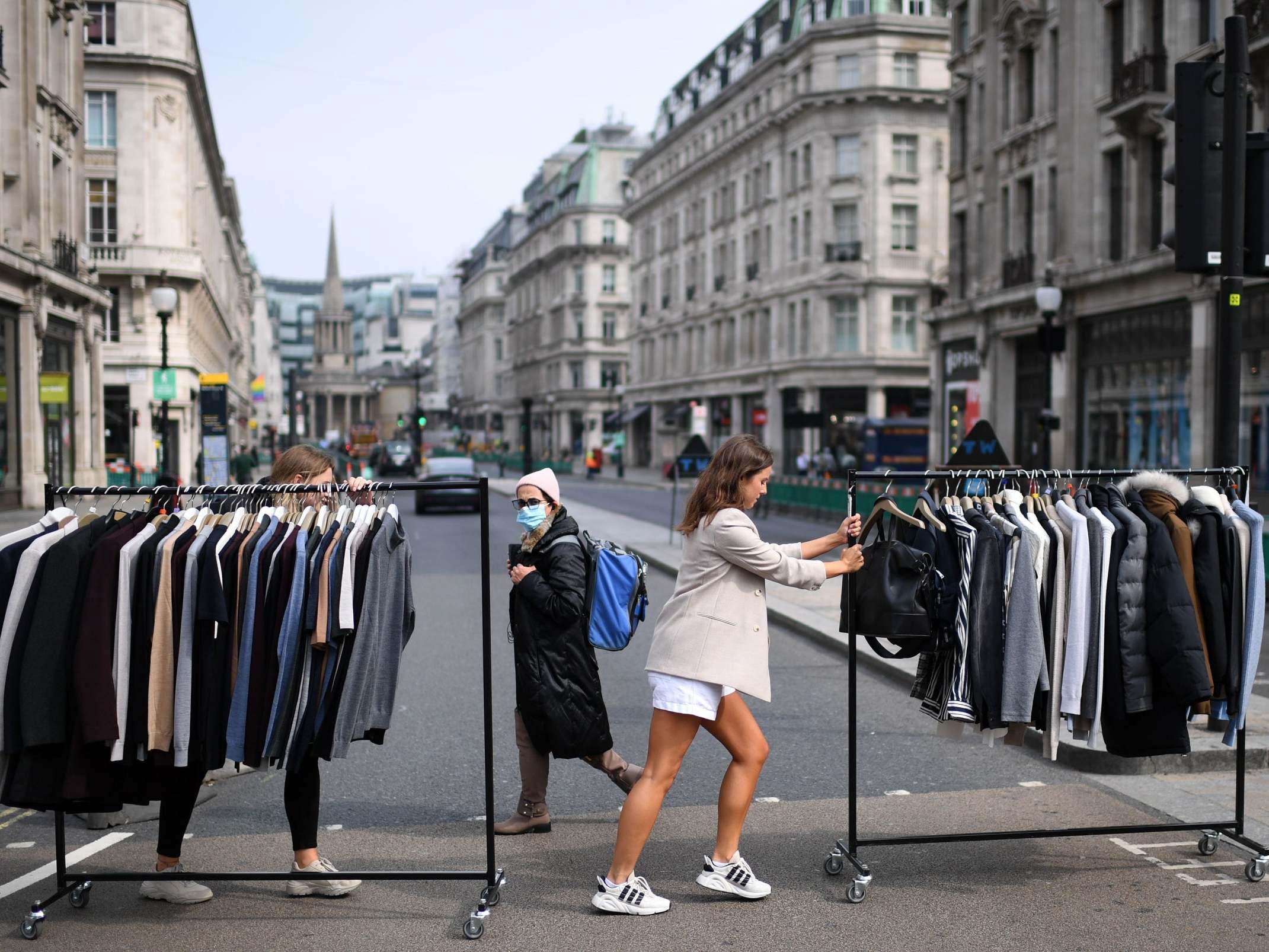Workers in shut-down sectors may never be able to stop working
A lifetime of playing catch-up won’t level the field between the haves and have-nots unless changes are made at the highest level

The devastating effects on the global economy of the coronavirus pandemic are rapidly making their presence felt on a very domestic level.
Unless you have been living under a rock – which might not be a bad idea right now – you’ll already know that the first big hits to employment came hurtling through the furlough mist last week to make 11,000 people in the retail and aviation industries unemployed.
Meanwhile, accommodation and restaurant businesses have shrunk by 85 per cent.
It’s fair to say the people who now don’t have a job to go to have more immediate concerns to grapple with than the state of their retirement savings. But when the short term is over, the long term too could look very different.
According to the latest data released from Scottish Widows, even before this once-in-a-generation event blindsided us, the people working in industries that have now been hit the hardest were already falling behind in the race to set enough aside to live on in old age.
Automatic enrolment into the workplace pension means that overall the UK’s workers, their employers and the government put a combined £20bn into retirement savings last year thanks to reforms that meant everyone upped their game in 2019.
And yet more than a quarter of staff in the travel and arts industries haven’t started saving into a pension yet.
Long before Covid-19 shut their workplaces down, two-thirds of retail industry workers reckoned that if they did ever retire they would quickly run out of money. Three in five construction industry workers felt the same.
And among restaurant workers, only 18 per cent were feeling optimistic about retirement. Half of them have since been furloughed or made redundant.
One of the reasons these groups of workers have historically been pessimistic about retirement, even before Covid-19, is because often their employer only contributes the legal minimum into their pension, says Pete Glancy, head of policy at Scottish Widows.
“A record-high three out of five people are now saving adequately for retirement. Yet, long-term prospects are still to a large degree defined by the industry in which people work. That’s because while auto enrolment has transformed the retirement prospects of millions, minimum contributions are still far below what is needed to provide a good standard of living.
“We recognise that the next 12-18-months is going to be about businesses getting back on their feet, but many individuals have taken a substantial hit to their finances and the fear is that the gap can’t be closed, meaning they face a lifetime of work as they struggle to afford to retire.”
It’s also clear that workers in specific industries will continue to struggle even if we flood back to high streets, airports and restaurants as if nothing has changed because of the nature of those industries and the salaries they offer.
In some of these industries, people are having to work multiple jobs – for example, a quarter of people in travel and tourism and in the arts have more than one job – and the need to take on two jobs to earn enough has important repercussions.
In total there are 6.8 million “multi-jobbers” in the UK who could unfairly miss out on pension contributions because their income is split across different employers, which sees them fall short of the minimum earnings threshold for automatic enrolment for each of those jobs.
There have been calls from the pensions industry for the earnings trigger to be reduced or removed, but this hasn’t happened yet and there remains a significant number of employees excluded from the benefits of auto-enrolment. Making this change could see these workers’ contributions increase by up to 60 per cent, which could make a huge difference to their financial circumstances after they stop working.
“We must face up to the fact that the pension system unfairly penalises those who are in low-paid work,” adds Glancy. “Scrapping the minimum earnings threshold would allow millions of multi-jobbers to benefit from auto-enrolment like everyone else, and is long overdue.”
The workplace pension savings figures for 2020 will inevitably be affected by Covid-19, largely because the furlough scheme has cut the salaries and therefore the contributions of a quarter of the population.
But even this scheme isn’t supposed to deliver the retirement we dream of. It will, at best, cover the basics unless those safely enrolled somehow find a little more money in all the downs as well as the ups. It’s no mean feat.
That’s before we even start to try to fill in the funding hole that was already faced by the self-employed, part-time, minimum-wage earner or multi-jobber that seems to have fallen through almost all the state support gaps going – emergency or otherwise.
In other words, unless you’re already a retired baby boomer anticipating your share of a £34bn boost to the state pension shortly thanks to the infamous triple lock, you may never get out from under the financial shadow of Covid-19.
Join our commenting forum
Join thought-provoking conversations, follow other Independent readers and see their replies
0Comments